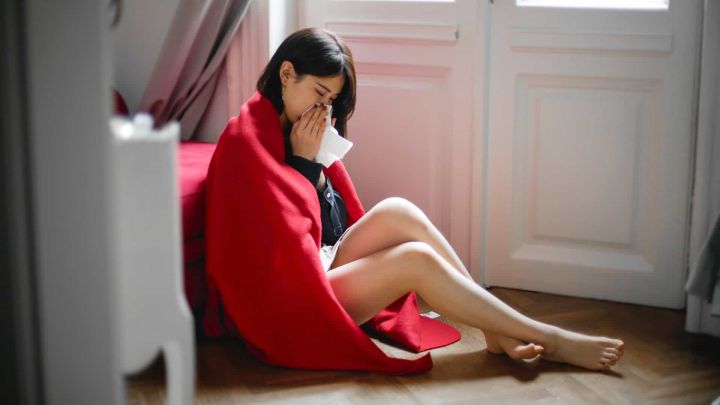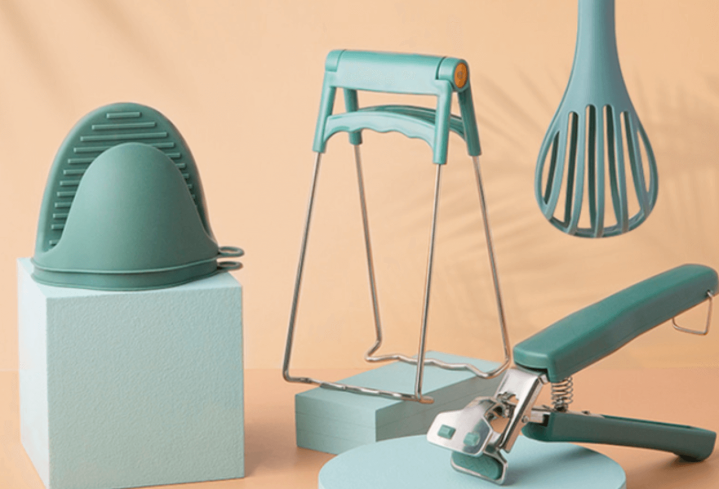It is said that "summer's life is given by air conditioning", but many summer diseases are also given by air conditioning
What is air conditioning sickness?
Is a stuffy nose and weakness, like a cold but not a cold, "air conditioning sickness"?
There is no medical term for it. It is a sociological term for a disease that is often associated with the improper use of air conditioning.
Symptoms can vary considerably depending on the individual's ability to adapt.
Some people suffer from coughing, nasal congestion and diarrhoea, which may be the result of their bodies suddenly moving from the hot outdoors to the cool indoors and not being able to cope well with the rapid temperature change. Some elderly people sleep in an air-conditioned room overnight, and the next morning they have crooked eyes and stiff joints, which may be due to facial neuritis and muscle and joint lesions caused by the cold; some children sneeze and have a runny nose, which may even cause allergies and asthma.

Who is prone to air conditioning disease?
1. People who work in office buildings for a long time
2. Elderly people
3. Children
4. Patients with bronchial asthma
5. Patients with chronic bronchitis
If you belong to one or more of the above groups, do not use air conditioning for a long time, ventilate the room frequently, pay attention to keeping warm, and pay attention to your health, and go to a regular hospital if you are unwell.

What you should pay attention to when blowing air conditioners
1. Avoid keeping the air conditioner on for a long time.
2. Avoid direct blowing of cold air from the air conditioner, it is best to set the wind towards the top.
3. Make a good transition between hot and cold, for example, wait a little while after entering the room from the hot outdoors before turning on the air conditioner.
4. Do not blow the air conditioner immediately after sweating from strenuous exercise.
5. Do not set the air conditioning temperature too low, 26°C is appropriate.
6. Pay attention to hydration when blowing on the air conditioner to prevent dryness.
7. Exercise appropriately to enhance personal fitness and avoid summer "air conditioning disease".
Can you protect yourself from air conditioning disease by covering yourself with a blanket and blowing on the air conditioner?
Covering yourself with a blanket only keeps you warm, but does not prevent infection.
Some people cover up and turn the air conditioning down to a very low temperature.
At this time, the cold air can cause irritation to the exposed nasal and oral cavities, and the bacteria in the air conditioner can invade the body, causing symptoms such as headaches, sneezing, runny nose and even serious respiratory illnesses.

Special tips.
Remember to clean and disinfect air conditioners that have not been used for a long time before use!





